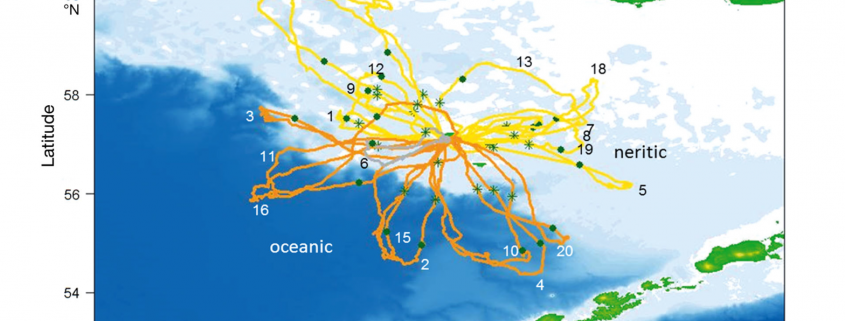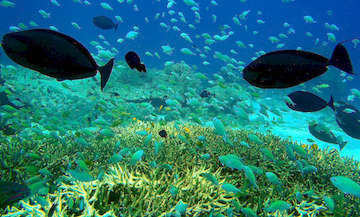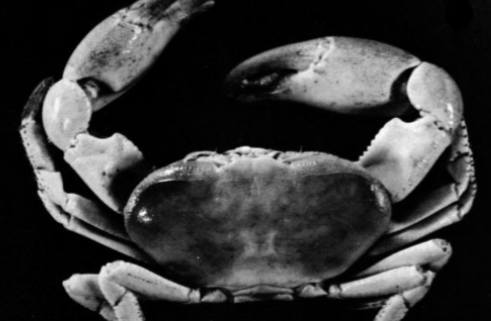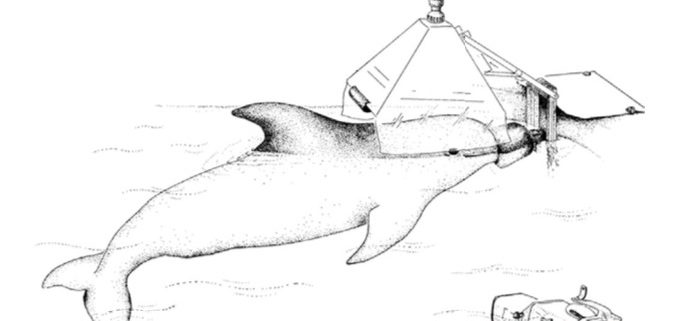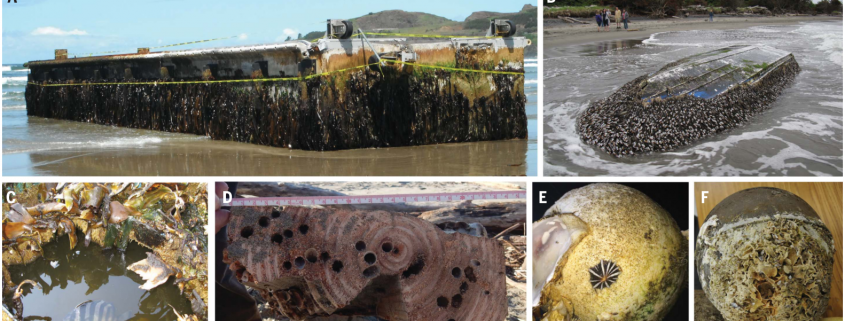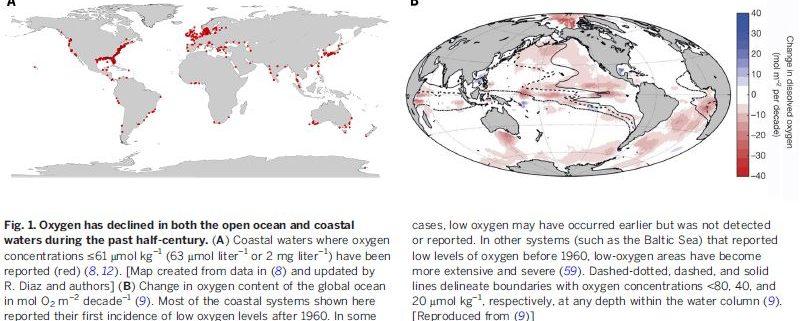Combining hard-part and DNA analyses of scats with biologging and stable isotopes can reveal different diet compositions and feeding strategies within a fur seal population
By Nicole Suren, SRC intern Diet analysis of top predators is important in the study of ecology because it can help to illuminate the energetics and ecological interactions of that predator. One method of studying diet is using hard part analysis and DNA barcoding using the animals’ scats, while other methods include stable isotope analysis […]
Spatial Dynamics as an Approach to Fisheries Management
By Casey Dresbach, SRC intern In the last half of the century alone, industrial fisheries have witnessed a global increase in total fishing efforts (Anticamara et al., 2011). Fishing efforts include, but are not limited to: the number of organisms caught, the type of gear used, and the areas in which fish are extracted. Implementation of spatial dynamics into fisheries management will […]
Family Bythograeidae: Highly Specialized Crabs
By Rachael Ragen, SRC intern The Family Bythograeidae are marine crabs that live near thermal vents. Most of them are colorless, but some may be yellow in color. The eggs and megalopa, which is a post-larva stage of the crab, tend to be orange or red. This coloration is likely due to carotenoids produced by […]
Swimming and Diving Energetics of Dolphins Can Help Predict the Cost of Flight Response in Wild Odontocetes
By Chelsea Black, SRC MPS student There are many occasions when high-speed swimming might be demanded by free-ranging marine mammals. This behavior will come at an energetic cost to the animal, which is why it is usually only performed when necessary for survival of the animal. Williams et al. (2017) demonstrates the physiological consequences of […]
Tsunami-driven rafting: Transoceanic species dispersal and implications for marine biogeography
By Grant Voirol, SRC intern On March 11, 2011, the Tohoku coast of Honshu, Japan was struck by a tsunami reaching heights of 125 feet. The tsunami caused widespread destruction along the coast, casting boats, docks, and other objects into the western Pacific Ocean. Many of these items were homes for marine communities or were […]
Declining oxygen in the global ocean and coastal waters: A summary
By Abby Tinari, SRC intern Oxygen is not only important for life on Earth, but it also regulates major nutrient and carbon cycles globally. All the past major extinction events have been associated with oxygen-deficient oceans and warm climates. Over the last 50 years, the anoxic (no oxygen) volume of the ocean has quadrupled, and […]

